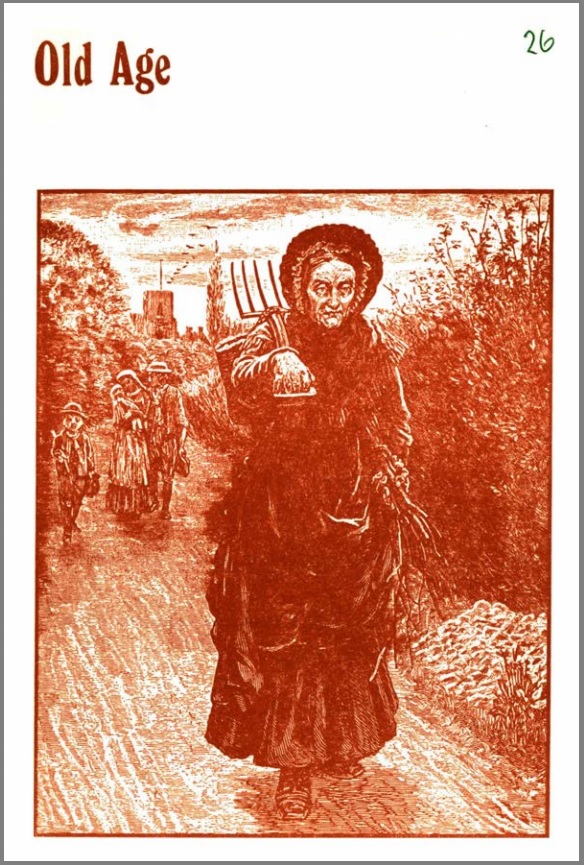In 1966, in England and Wales, there were about six million persons aged 65 and over, more than 12 per cent of the total population. In…
In 1966, in England and Wales, there were about six million persons aged 65 and over, more than 12 per cent of the total population. In 1901, the figures were one and a half million accounting for 5 percent of the population. The…
In 1966, in England and Wales, there were about six million persons aged 65 and over, more than 12 per cent of the total population. In 1901, the figures were one and a half million accounting for 5 percent of the population. The rise in the number of the aged, a four-fold increase, has been much faster than the rise among other age groups The number of children aged 0-14 is, today, almost exactly the same as the number in 1911.
At ages 75 and over there were more than twice as many women as men living. Two out of three women aged 75and over were widows, and in 1966, in England and Wales, there were nearly one million such widows. In all, there were almost two million widows at ages 65 and over and nearly half a million widowers.
The rising trend in the proportion of the elderly in the population has been caused mainly by the fall in the number of births shortly after the turn of the century, although also partly by falling death rates at younger ages. Up to the present, the comparatively small reduction in death rates of the elderly has made little contribution to this growth in proportion. A lowering of fertility rates, however, will cause only a temporary ‘ageing’ of the population and this is now reaching its full extent.
Mortality improvement causes a permanent ‘ageing’ of the population and this has yet to make its full effect felt. The inevitable result of the mortality improvement witnessed among children and young adults over the last thirty years will thus be a permanent increase in the number of old persons in the community.
This successful fight against illness and disease in recent years has enabled a rising proportion to realise their potential lifespan. There has not been, however, over many generations, much progress in increasing this span, nor has there been much progress in increasing the mental and physical fitness of individual old persons.
